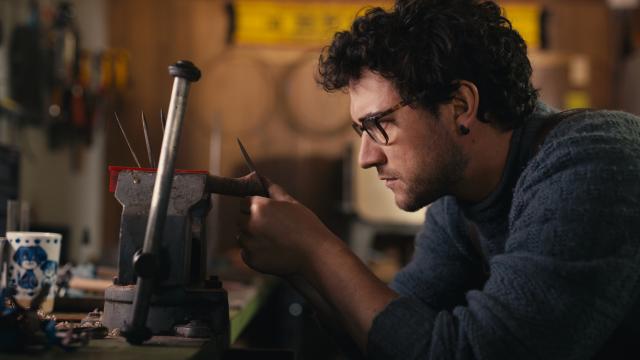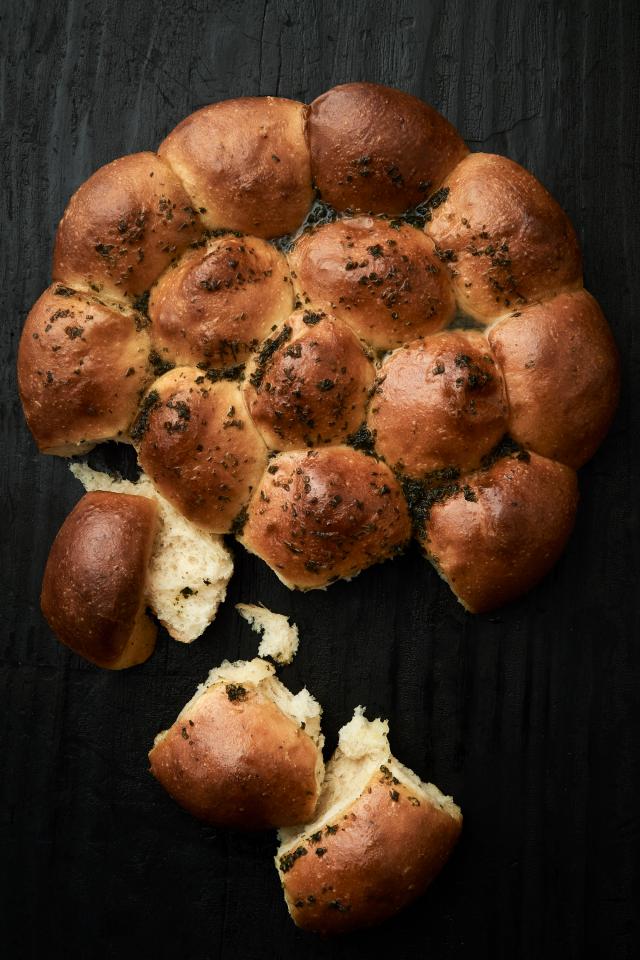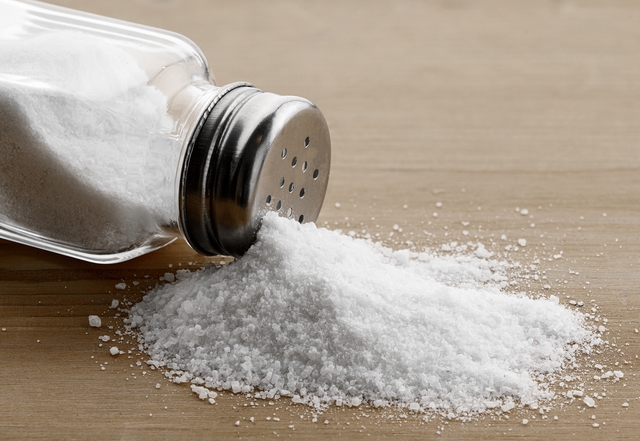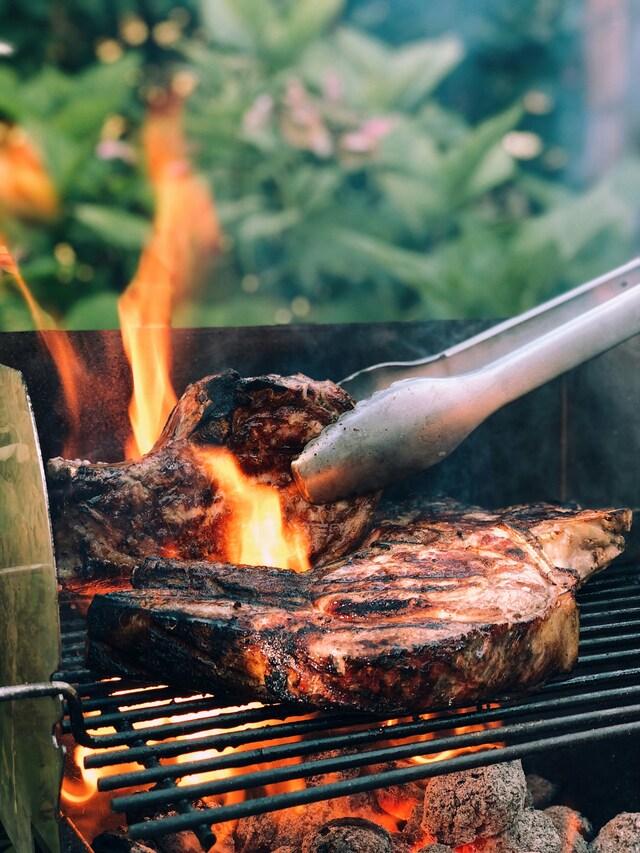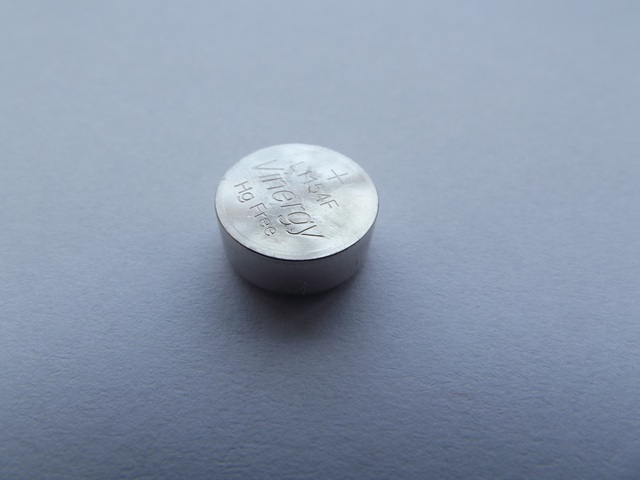An artisan from the Dandenong Ranges is featured in appliance makers Miele’s Stories of Sustainabilty series.
The company’s first fully sustainable food and travel series follows chef and baker Jo Barrett from the Northern Territory all the way to Flinders Island and visits craftsmen, fishermen and distillers to discover their passion and commitment to the food industry.
In the first episode, Jo visits MD Knives owner Mathieu Dechamps in Mount Dandenong with the goal to make a hand-crafted Australian-made dough knife.
Mathieu, who uses salvaged wood to create handles for his custom knives, shares his sustainability ethos with the viewer.
“I don’t really source timber from exactly where I live because a lot if it is Mountain Ash and messmate…I do source a lot of timbers from businesses around me like fine furniture makers and I get a lot of their offcuts which can then be repurposed for dough knives and all sorts of other things,” Mathieu said.
Mathieu said his suppliers are often interested to know how they can operate more sustainably, and has seen suppliers change by using paper wrapping rather than plastic.
“It’s not just for me, that would be for thousands of workshops all along the way. So that was a big one for me,” Mathieu said.
“And I believe more as well showing other artisans that it is possible with a bit more work and knowledge to actually achieve high end results without having to have that reclaimed look in a recycled look that so many people go for.
“There are so many timbers that people have never heard about and commercially you cant use [because] they’re all gnarly little trees that take a long time to grow, but they make them so suitable for tool making because you don’t need much really and you can use a lot of that tree and it will last such a long time as well,” Mathieu added in the episode.
Jo, who is also a former Future Food System resident, presented Mathieu with a design for a dough knife after seeing a gap in the market for a Australian made handcrafted bakers tool.
However, sourcing steel of an appropriate thickness and making it firm proved difficult and Jo soon learned there was a reason why no such equipment was already being produced.
“It took nearly a year of a few costly mistakes, and then [Mathieu] is so talented and has a wealth of knowledge so our skills just combined to make that dough knife what it is now; and we’ve still perfecting it,” Jo said.
“He was able to harden a steel that probably couldn’t have been hardened and had a lot of connections – then we just created this really well working piece of equipment that’s also beautiful that’s made in Mount Dandenong with Australian-made stuff.”
The hard work paid off, with Mathieu and Jo awarded for their Outstanding Design at the 2021 delicious. Harvey Norman Produce Awards.
Now its a matter of keeping up with product demand.
“I feel like we nailed it. And I feel really proud…never set out to do anything like that, we just wanted to a tool; but it’s obvious there was a demand for it,” Jo said.
In the ‘Stories of Sustainability’ episode, Jo shares her delicious herbed potato bread made with the hand-crafted dough knife. (Recipe below).
“I’ve always been connected with the whole process of food from growing foods, working with primary producers, and then trying to represent that quality produce with my cooking,” she said.
“Now I’m just starting a restaurant of my own and adopting everything that I’ve learned, kind of compiling it, just continuing to learn and I guess use some of those things that I’ve learned along the way and people that I’ve met in trying to cook the most sustainably possible way. Whether it’s how I source ingredients, how I grow things, how I cook and just how I deal with people…so you’re able to make educated decisions around day to day operations.”
For Mathieu, it is important to push the performance of and enjoyment from knives used by chefs in the kitchen and families at home.
“Timber is one of the most beautiful materials there is; there are so many variations to it. You have to learn to read the timber, to feel it [and] you have to be very respectful of the material,” he said in the episode.
“My knives will hopefully keep on getting better and I’ll be able to show more about the sustainability side to other creators as well and hopefully make a change there.
“I want all of my knives to last so they can be give to family members who own them and become important that way- the funny thing is ill never know if I succeed or not.”
Herbed potato bread (Jo Barrett)
Make two pull apart loaves
Ferment
60g flour
60g water
7g dried yeast
Dough
450g plain flour
2 eggs
25g sugar
185g milk
6g salt
115g butter
220g potato (200g cooked potato)
1 teaspoon oregano
1 teaspoon thyme
1 teaspoon rosemary
Extra flour for dusting
Oil for greasing
Egg wash
1 egg
1 tablespoon milk
Pinch of salt
Garlic butter
200g butter
2 garlic cloves, micro-planed
1 tablespoon chives, chopped
1 tablespoon curly parsley, chopped
Salt
Pre heat oven to 200oC. Bake the potato for 20 minutes or until cooked through. Remove from the oven and cool until they can be handled. Peel and push them through a sieve or a ricer. Cover with a tea towel and set aside.
In a small bowl mix the ferment ingredients into a smooth paste. Cover and allow to almost double in size, approximately 15 minutes.
While the ferment is developing begin to make the dough. Use a stand mixer fitted with a dough hook (this can also be done by hand but will take a little longer) mix the flour, eggs, milk, sugar and salt on a low speed to form a dough. Once the dough comes together add the ferment and the butter and mix on medium speed until smooth. When the dough begins to come away from the side of the bowl add the cooked potato and the dried herbs. Mix until well combined and evenly disbursed. Place the dough into a lightly oiled bowl and cover. Rest for an hour then lift and fold the outer edges of the dough over the center to form a ball and knock out some gas. Rest for a further hour or until the dough has proven by half.
Lightly grease two 18cm diameter pans or baking tray.
Tip the dough onto a lightly floured surface and divide into 60g portions. Roll each portion into a ball and arrange in the pans or backing tray leaving 2.5cm space around each ball so they can prove.
Allow to prove from 40 minuets or until they feel fluffy when gently pressed.
Preheat oven to 200oC bake. Make an egg wash by mixing the egg, milk and a pinch of salt until completely combined. Gentled brush the tops of the dough with a light covering of egg wash. use a pair of sharp scissors to snip a cross onto of each ball then place into the oven.
Bake for 15-18 minuets or until golden brown. They will sound hollow when tapped when ready. Once removed from the oven spoon over the garlic butter.
Garlic butter
Heat the butter over a low heat in a small pot. Stir the butter as it begins to bubble. When it begins to turn golden brown remove from the heat. Stir in the garlic (this will make the butter foam), herbs and a pinch of salt.

